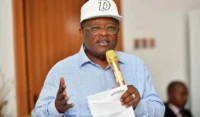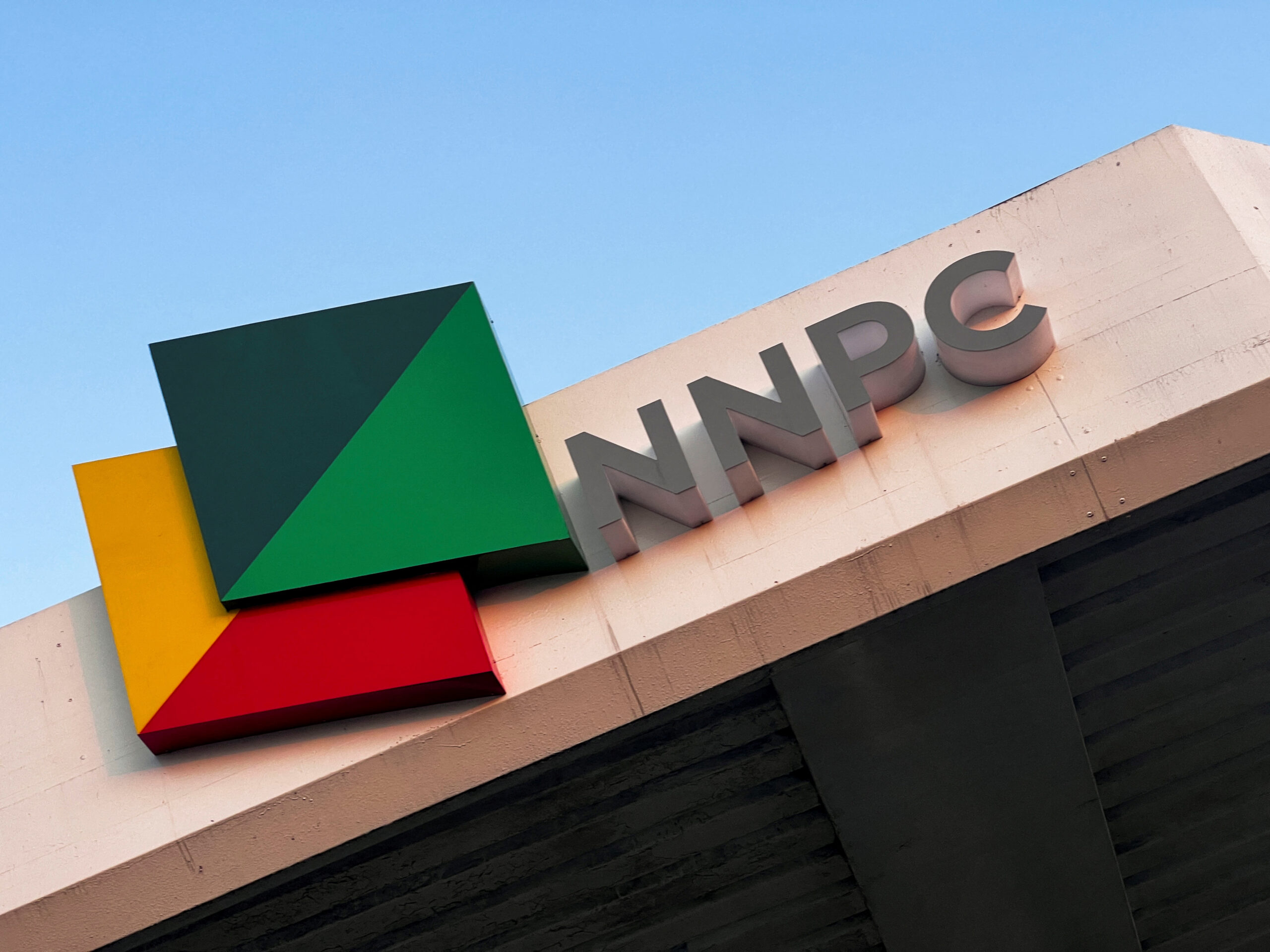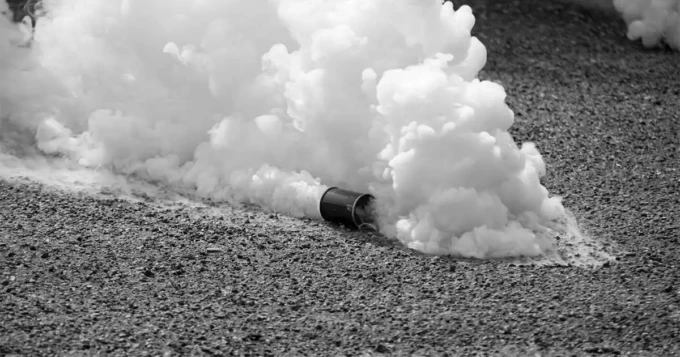President Bola Tinubu has highlighted key challenges hindering Nigeria’s fight against corruption, including frivolous appeals, the intimidation of judges by lawyers, and judgments based on technicalities rather than facts. Speaking at the 6th Economic and Financial Crimes Commission/National Judicial Institute (EFCC/NJI) Capacity Building Workshop for Justices and Judges in Abuja, Tinubu emphasized the need to address these issues to ensure swift adjudication of corruption cases.
Represented by Vice-President Kashim Shettima, Tinubu stressed that the war against corruption cannot be won unless these challenges are effectively curtailed. The workshop, organized to enhance the capacity of Nigeria’s judiciary, served as a platform to rally support against what Tinubu described as the nation’s “common enemy”—corruption.
The president acknowledged the progress made in prosecuting corruption cases, crediting recent justice sector reforms for this improvement. However, he noted that despite these advancements, significant hurdles remain. He cited the use of frivolous applications and appeals to delay trials, as well as the intimidation of judges by legal counsel, as key obstacles. Tinubu expressed concern over judgments that focus on technicalities rather than the substantive facts of cases, which he believes weaken the judicial process.
In his address, Tinubu emphasized the critical role of the judiciary in the anti-corruption fight, stating, “The judiciary is central to the success of the anti-corruption efforts.” He highlighted the importance of the judiciary’s commitment, courage, and patriotism in making a meaningful impact against corruption. Tinubu also reiterated that corruption is a “cancer” affecting all Nigerians, denying the country the full benefits of its abundant natural resources.
To further enhance judicial effectiveness, Tinubu called on the judiciary to equip itself with the necessary knowledge to tackle new forms of corruption and crime. He assured the audience that his administration remains committed to creating a conducive environment for judicial officers. He highlighted measures such as the increase in judges’ remuneration and the provision of official accommodation in prime areas of the Federal Capital Territory as part of the government’s efforts to support the judiciary.
The president also noted that his administration has strategically recovered proceeds of corruption and reinvested them into critical social programs. He emphasized the importance of judicial reforms and capacity building, describing the workshop as an opportunity for stakeholders to collectively raise their voices against corruption.
Trending discussions on social media and economic platforms reflect widespread public support for these initiatives, with many emphasizing the need for transparency and efficiency in Nigeria’s judicial processes. Tinubu’s emphasis on strengthening the judiciary and the anti-corruption framework aligns with his administration’s broader agenda to promote accountability, good governance, and sustainable development across Nigeria.










I think Tinubus call for judicial reforms is just a distraction. We need action, not more empty promises!
Judicial reform is crucial for real change. Tinubus call is a step in the right direction.
I think Tinubu should focus on his own corruption allegations before calling for reforms. Practice what you preach, man!
I think Tinubu needs to clean up his own backyard before talking about judicial reforms. Hypocrisy much?
Pot calling the kettle black. Tinubu should practice what he preaches.
I think Tinubus focus on judicial reforms is just a distraction from his own corruption scandals. Hypocrisy much?
I think Tinubu is just trying to distract us from his own shady deals. He should practice what he preaches!
I think President Tinubus call for judicial reforms is just a smoke screen to cover up his own corrupt practices. Trust no politician!
Dont be so quick to judge. Lets see the actions before jumping to conclusions.
I dont buy it! Tinubu talking about anti-corruption is like a fox guarding the henhouse. Hypocritical much?
I dont buy it! Tinubu pushing for reforms? Isnt he part of the problem? Suspicious motives at play here.
I think Tinubus call for judicial reforms is just a political move to boost his image. Actions speak louder than words!
I dont trust Tinubus intentions. It feels like a PR move. We need actions, not just words. Lets see some real change!
I dont buy it. Tinubu talking about anti-corruption? The irony is killing me. Lets see some real action first.
Actions speak louder than words. Lets hold Tinubu accountable for his track record.
I dont buy it! Tinubu talking about anti-corruption? Hypocrisy at its finest. Actions speak louder than words, buddy.
I dont trust politicians like Tinubu to lead anti-corruption efforts. Theyre often part of the problem, not the solution.
I believe Tinubu should focus on political reforms first. Anti-corruption starts from cleaning up the system, not just the judiciary.
I think Tinubus call for judicial reforms is just a distraction from his own corruption scandals. Lets focus on real change!
Focus on the facts, not distractions. Tinubus motives may be questionable, but judicial reform is crucial.
I think Tinubus call for judicial reforms is just a political move. He needs to lead by example first.
Stop being naive. Every politician makes political moves. At least hes addressing a crucial issue.
I think President Tinubu should focus on education reform first before tackling corruption. Education is the key to preventing corruption in the long run.
I think Tinubu should focus on cleaning up his own backyard before preaching about anti-corruption. Actions speak louder than words.
I dont buy it! Tinubu talking about anti-corruption? Thats like a fox guarding the henhouse. Cant trust it.
Trust me, stranger things have happened. Lets see what unfolds.
Why are we still relying on politicians to lead anti-corruption efforts? Lets empower civil society instead! #ThinkOutsideTheBox
I think President Tinubus call for judicial reforms is just a distraction. We need action, not empty promises!
I think Tinubu should focus on his own corruption allegations first before preaching about anti-corruption efforts. Actions speak louder than words!
I think Tinubus call for judicial reforms is just a distraction from his own corruption scandals. Lets focus on holding everyone accountable!
I think Tinubu should focus on political reforms first before talking about judicial reforms. Corruption starts at the top!
I think Tinubu should focus on his own alleged corruption before preaching about reform. Hypocritical much?
Corruption is corruption, no matter whos talking. Tinubus past doesnt excuse ongoing issues.
I think Tinubu should focus on tackling corruption within his own political party first before calling for judicial reforms.
Maybe hes trying to clean up his own backyard before taking on bigger challenges.
I think President Tinubus call for judicial reforms is just a distraction from his own corruption scandals. Actions speak louder than words!
I dont trust Tinubus motives. Hes been accused of corruption himself. How can we trust him to lead anti-corruption efforts?
Trust is earned, not given. Tinubus past doesnt inspire confidence in his anti-corruption leadership.
I dont trust politicians calling for reforms they themselves benefit from. Tinubu needs to lead by example first.
I dont trust Tinubus sincerity on anti-corruption. Lets see actions, not just words. Hes been in power too long.
I dont trust Tinubus sudden interest in anti-corruption. Seems like a political move to me. What do you think?
Why stop at judicial reforms? Lets start by holding our leaders accountable for their own corrupt practices first. #LeadByExample #NigeriaCorruption
Agreed! Leaders should practice what they preach before expecting others to follow suit. #LeadByExample
I think Tinubu should focus on his own corruption allegations before preaching about judicial reforms. Hypocrisy much?
I dont trust Tinubus motives. Is he really pushing for reforms or just trying to cover up his own corruption?
Trust actions, not words. Tinubus motives may be questionable, but results matter. Lets see.
Is it really about judicial reforms or just political posturing? Lets see if Tinubu walks the talk.
I think Tinubus call for judicial reforms is long overdue. Lets hope it leads to real change!
Is Tinubu really committed to fighting corruption, or is this just political posturing? Im skeptical.
Interesting stance by Tinubu, but will judicial reforms really make a significant impact on corruption in Nigeria? Lets discuss!
I believe President Tinubus call for judicial reforms is a step in the right direction to combat corruption in Nigeria.
Shouldnt we focus more on holding corrupt officials accountable rather than just talking about reforms? Actions speak louder than words, right?
Do you think President Tinubus call for judicial reforms is the solution to corruption in Nigeria? Lets discuss!